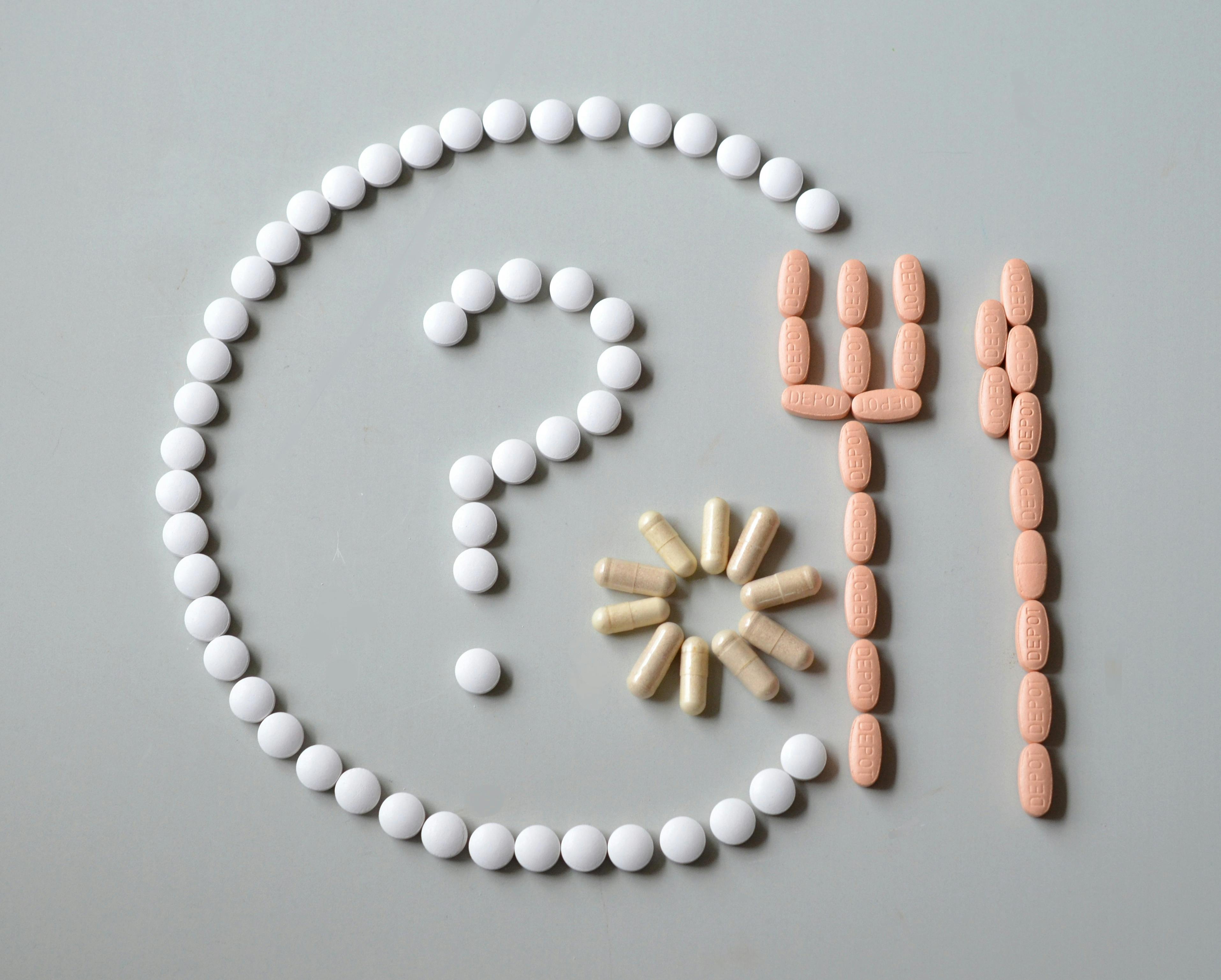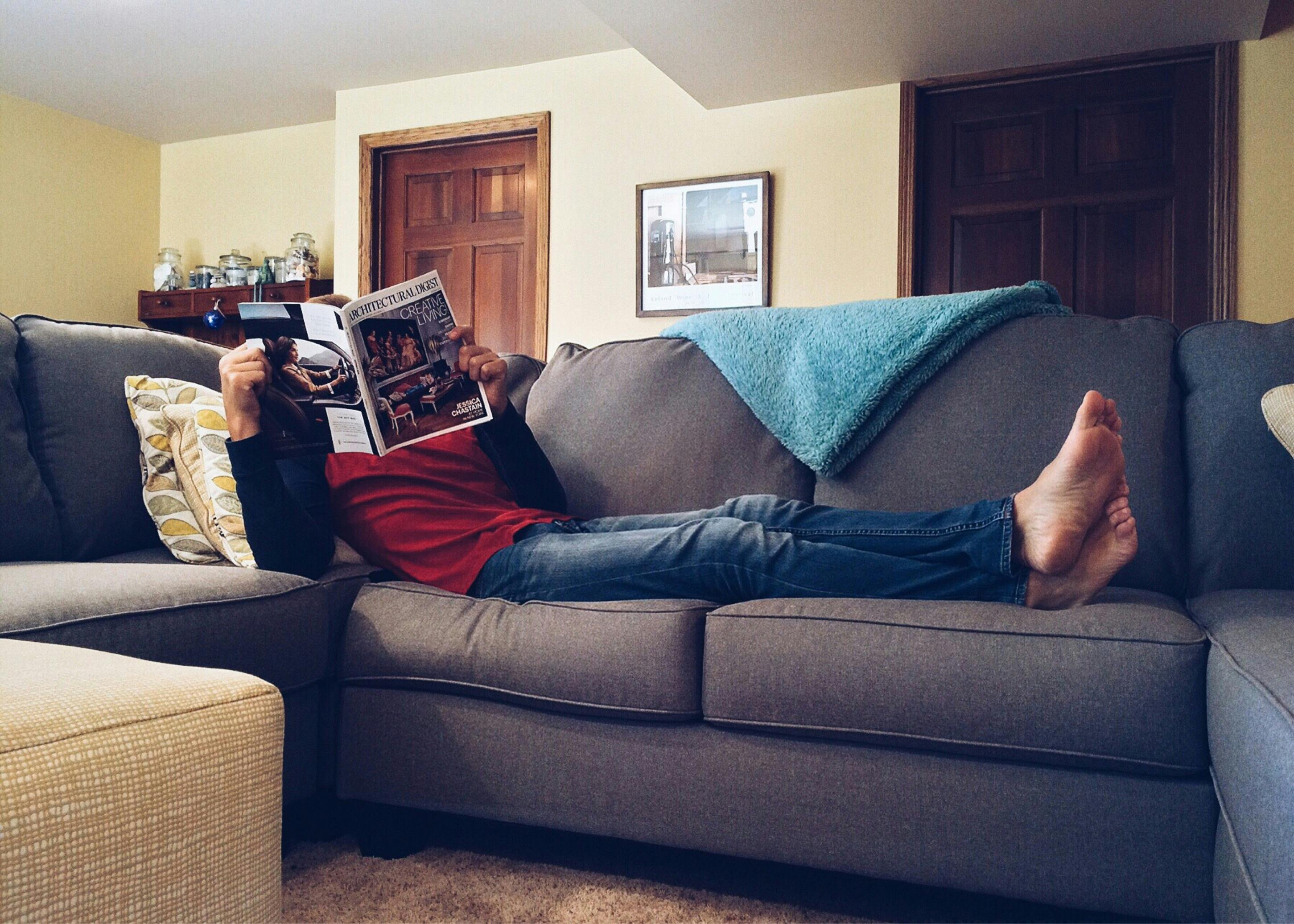Opiate addiction is a problem which has seen a statistical increase nowadays. The rising access to painkillers and prescription medicine seems to have a direct effect on the number of opiate addicts. The people being affected span a diverse population base with working adults increasingly turning to it to escape from any sort of psychological pressures. With a third of the fatal overdose cases being attributed to opiate painkillers, this is a problem which requires being addressed on a huge scale.
Let us go through the various stages that must be looked into when dealing with opiate de-addiction.
1. Accepting the Situation

The first and foremost step is realizing the symptoms of addiction which must have crept in as the dosage of the opiates steadily increased. Accepting that you are just another person who has succumbed to the pressures of life and dealt with it in a way which did not go as planned is crucial to start the process of rehabilitation. Symptoms like increased discomfort without the drugs and your constant schemes to get access to it are evidence of your addictive behavior. In addition, the disruption of your earlier lifestyle can also be seen with friends and family observing changes in your usual patterns.
2. Seeking External Help

Once addiction has been accepted, the will to get out of the addictive circle has got to drive you to take some sort of external help. This can be by just disclosing the entire situation to a close friend or family member, who can be included throughout the entire process. A support is always seen to be helpful and can will you to complete the entire process without falling back into the destructive lifestyle. After this, professional help has to be taken as rehabilitation from opiates is something which requires more scientific methods and support.
3. Initiating Treatment

The actual process requiring action to free yourself from opiate addiction begins here. Locating a treatment facility which can offer good support is critical to your goal. Talk to the medical community over there to choose the treatment schedule which can be tailored according to your needs and stage of addiction. Look for treatment centers with inpatient facilities to actually pursue complete and wholesome treatment. The painful withdrawal symptoms require a lot of will as well as medical support, which makes it critical for you to continue under their constant care. Trying to deal with the addiction without medical support may mostly result in a relapse.
4. Highest Level of Commitment

All the support in the world will not be of any use if you do not have the will to remain committed. A lot of people, both personal and professional, will be involved for your betterment. Taking all the medicines on time and following their scientifically-backed procedures continuously is key to the entire rehabilitation program. Making it through the painful physical and emotional withdrawal symptoms is not easy and requires you to maintain your self-control to finally see that day when your life will not be controlled by the availability of external stimulants.
5. Remaining Sober

Once you have been released from the addictive clutches of opiates, it is time to return to the normal schedule of life. During this time period, it has to be noted that there will be a wide range of situations which may instigate you to fall back into destructive habits again. At such a point in time, it would help to remember the destruction havocked in your life by your addiction and the effort that it took to reach this exact point in life. Join some therapy group and talk to like-minded people to be motivated to stay away from addictive elements.
Addiction is indeed a hard process to overcome due to the powerless nature of human behavior which can cause us to become slaves to it. Realizing it and remaining committed is key to ensure that we do not waste our life over such meaningless poison when life has so much to offer.




